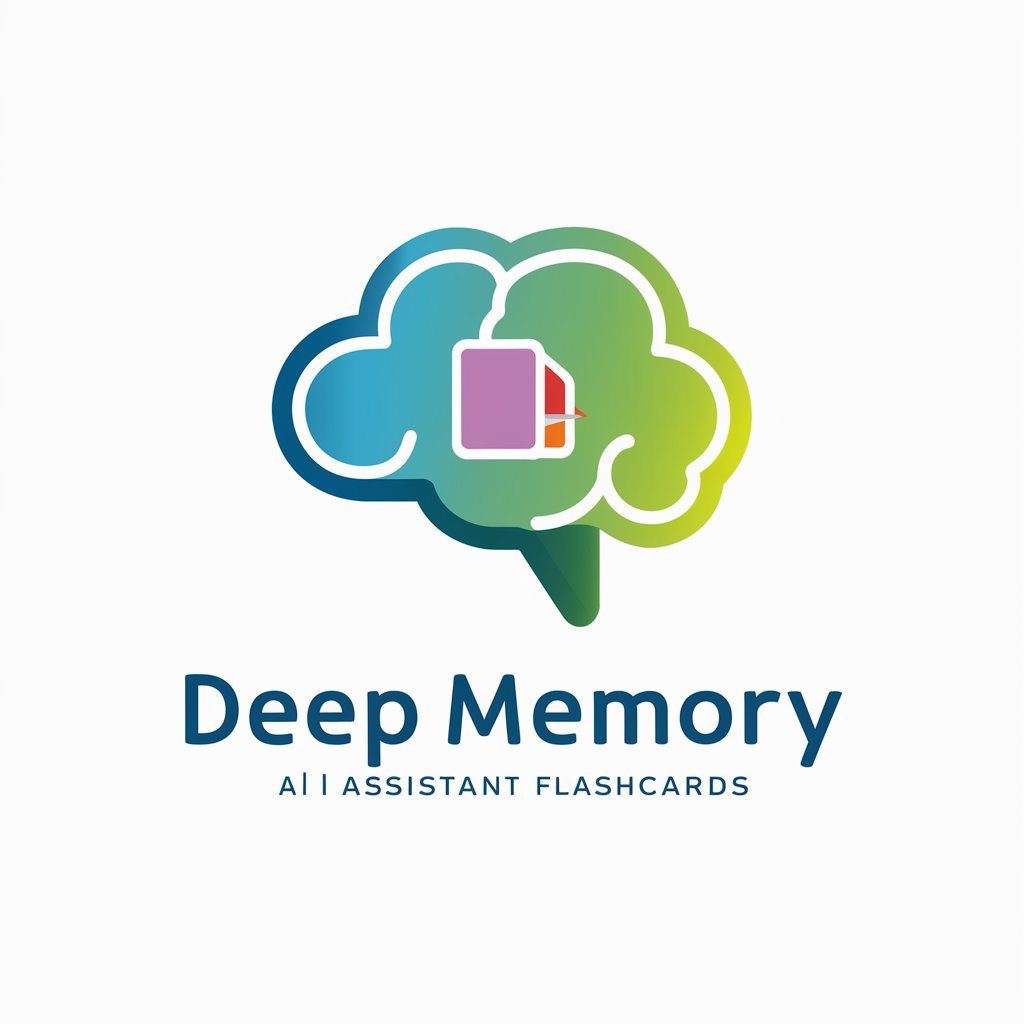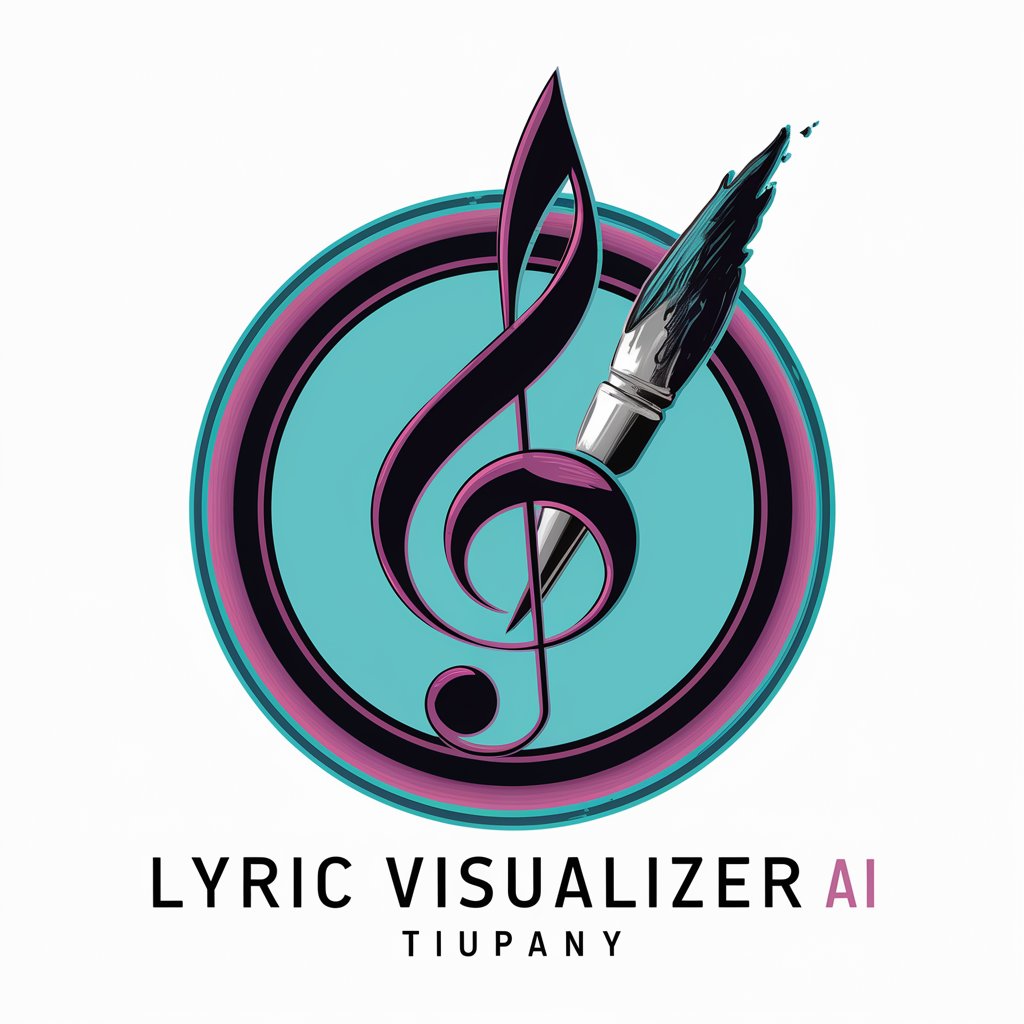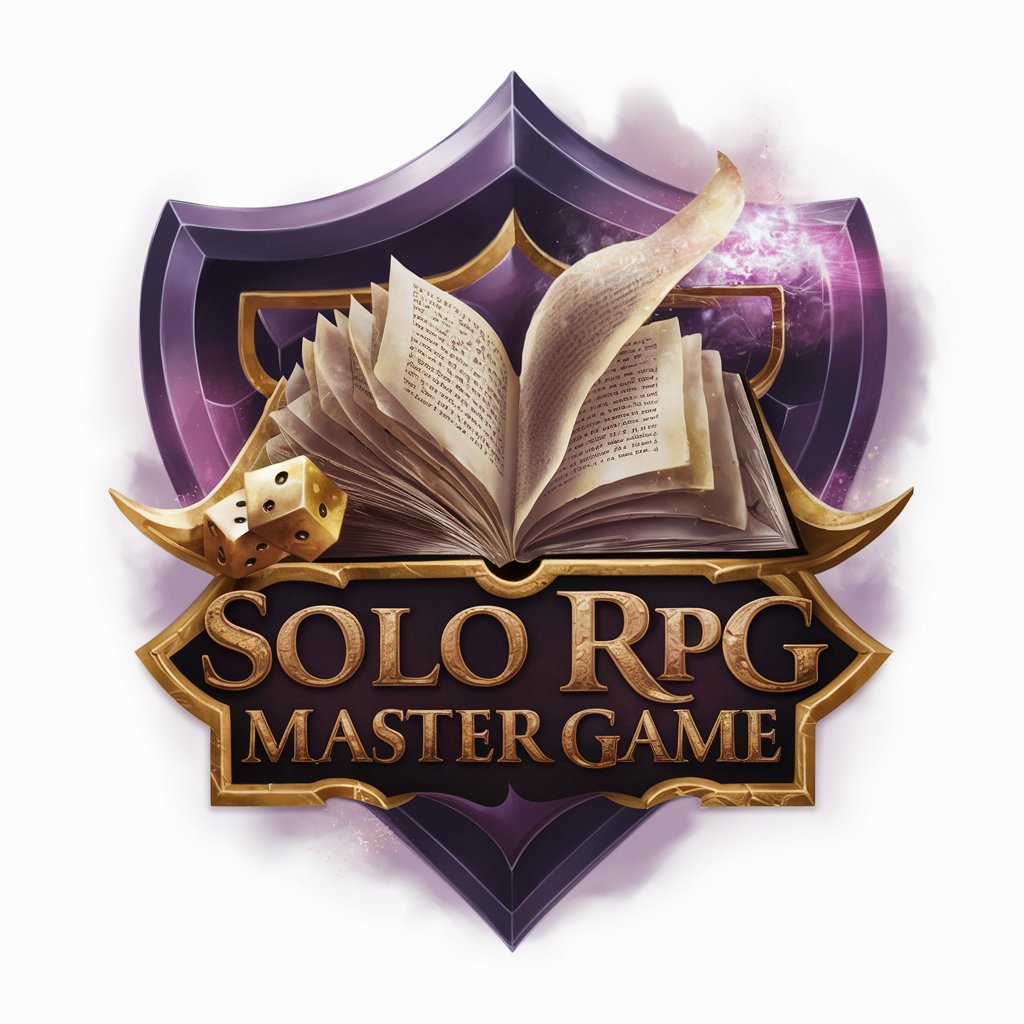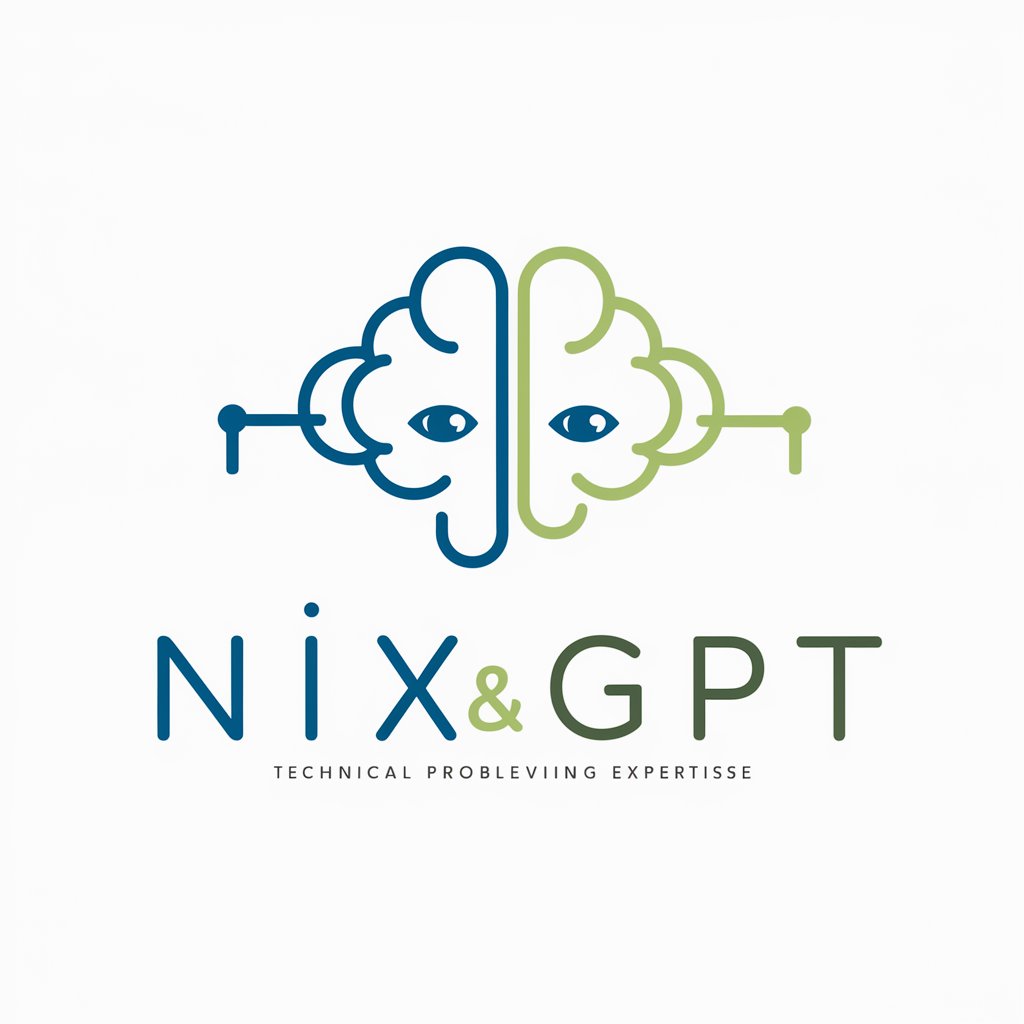Deep Memory - AI-Powered Study Assistant

Hello! I'm here to help you create effective flashcards.
Mastering memory with AI
Explain the key concepts of...
What are the main differences between...
Summarize the process of...
Describe the importance of...
Get Embed Code
Introduction to Deep Memory
Deep Memory is a specialized assistant designed to enhance the learning and teaching experience through the creation and organization of flashcards. Its core functionality revolves around transforming complex information into digestible, question-and-answer formats suitable for study or teaching purposes. Deep Memory's design is grounded in the principles of spaced repetition and active recall, educational techniques proven to significantly improve memory retention and learning efficiency. For example, if a student is studying for a biology exam on the human circulatory system, Deep Memory can help by creating flashcards that ask, 'What is the function of the heart?' with the answer, 'The heart pumps blood throughout the body, delivering oxygen and nutrients to tissues and removing carbon dioxide and other wastes.' This scenario illustrates Deep Memory's ability to distill key information into a format that's easy to review and remember. Powered by ChatGPT-4o。

Main Functions of Deep Memory
Flashcard Creation
Example
Converting textbook chapters into study flashcards
Scenario
A student has a dense chapter on European history to study. Deep Memory can extract key dates, events, and figures from the text, creating flashcards that make it easier to study and remember these details.
Customization and Organization
Example
Organizing flashcards by topics or subjects for targeted study sessions
Scenario
A teacher preparing for a series of lectures on Shakespeare's plays can use Deep Memory to organize flashcards into categories such as 'Tragedies,' 'Comedies,' and 'Histories,' enabling efficient study and teaching preparation.
Spaced Repetition Scheduling
Example
Scheduling study sessions for optimal memory retention
Scenario
A language learner uses Deep Memory to schedule review sessions for new vocabulary based on spaced repetition principles, ensuring words are reviewed at increasing intervals to cement their memory.
Ideal Users of Deep Memory Services
Students
Students of all ages and levels of education can benefit from Deep Memory's services. Whether studying for exams, learning a new language, or grasping complex concepts, students can use flashcards to improve recall and test their knowledge.
Educators
Teachers and professors can utilize Deep Memory to create interactive teaching materials and study aids for their students. By breaking down lecture content into question-and-answer flashcards, educators can enhance engagement and comprehension in their classrooms.
Lifelong Learners
Individuals committed to lifelong learning, including hobbyists or professionals looking to upgrade their skills, will find Deep Memory a valuable tool for organizing and retaining new information on any subject matter.

How to Use Deep Memory
1
Start by visiting yeschat.ai to access a free trial of Deep Memory without the need for login or a ChatGPT Plus subscription.
2
Explore the interface to familiarize yourself with the features and tools available, which are designed to assist with creating effective flashcards.
3
Use the 'Create Flashcards' feature to begin inputting your study material. This can include questions and answers, summaries, or any information you wish to memorize.
4
Utilize the suggestions and formatting tools provided by Deep Memory to optimize your flashcards for efficient learning. This includes categorization, prioritization, and the addition of mnemonic aids.
5
Review and revise your flashcards regularly using the spaced repetition feature to enhance retention and understanding of the material.
Try other advanced and practical GPTs
Wright's Pixel Painter Pro
Elevate your pixel art with AI precision.

Lyric Visualizer AI 🎵
Transforming Lyrics into Artistic Visuals

Daily Affirmation Generator
Empowering you with AI-driven positivity

LoL Build Master
AI-Powered, Personalized League of Legends Mastery

Travel Booking Assistant
AI-Powered Personal Travel Guide

Solo RPG Master Game
Craft Your Adventure with AI

NixGPT
Streamlining Nix Solutions with AI

Holistic Health Guide
AI-Powered Holistic Health Companion

FlexiSearch Guru
Optimizing Your Data Queries with AI

AI Synergy Advisor
Empowering Your Business with AI

Recipe Generator
Craft Your Meal with AI-Powered Precision

Parish Health Hub
Empowering faith communities with AI-driven health solutions.

Deep Memory FAQs
What is Deep Memory designed for?
Deep Memory is designed to assist users in creating, organizing, and reviewing flashcards for efficient study and memory retention. It leverages AI to suggest content, format information, and offer spaced repetition strategies.
Can Deep Memory create flashcards from raw text?
Yes, Deep Memory can analyze raw text input and automatically generate question-and-answer pairs for flashcards, making it easier to create study materials from lectures, books, or articles.
Does Deep Memory support spaced repetition?
Absolutely. Deep Memory integrates spaced repetition algorithms to schedule review sessions, ensuring that users revisit material at optimal intervals for memory retention.
Can I share my flashcards created with Deep Memory?
Yes, flashcards created with Deep Memory can be shared with others, facilitating collaborative learning and study groups.
How does Deep Memory customize the learning experience?
Deep Memory customizes the learning experience by analyzing user performance and feedback to adjust the difficulty level and frequency of flashcard reviews, ensuring a tailored and efficient study session.
